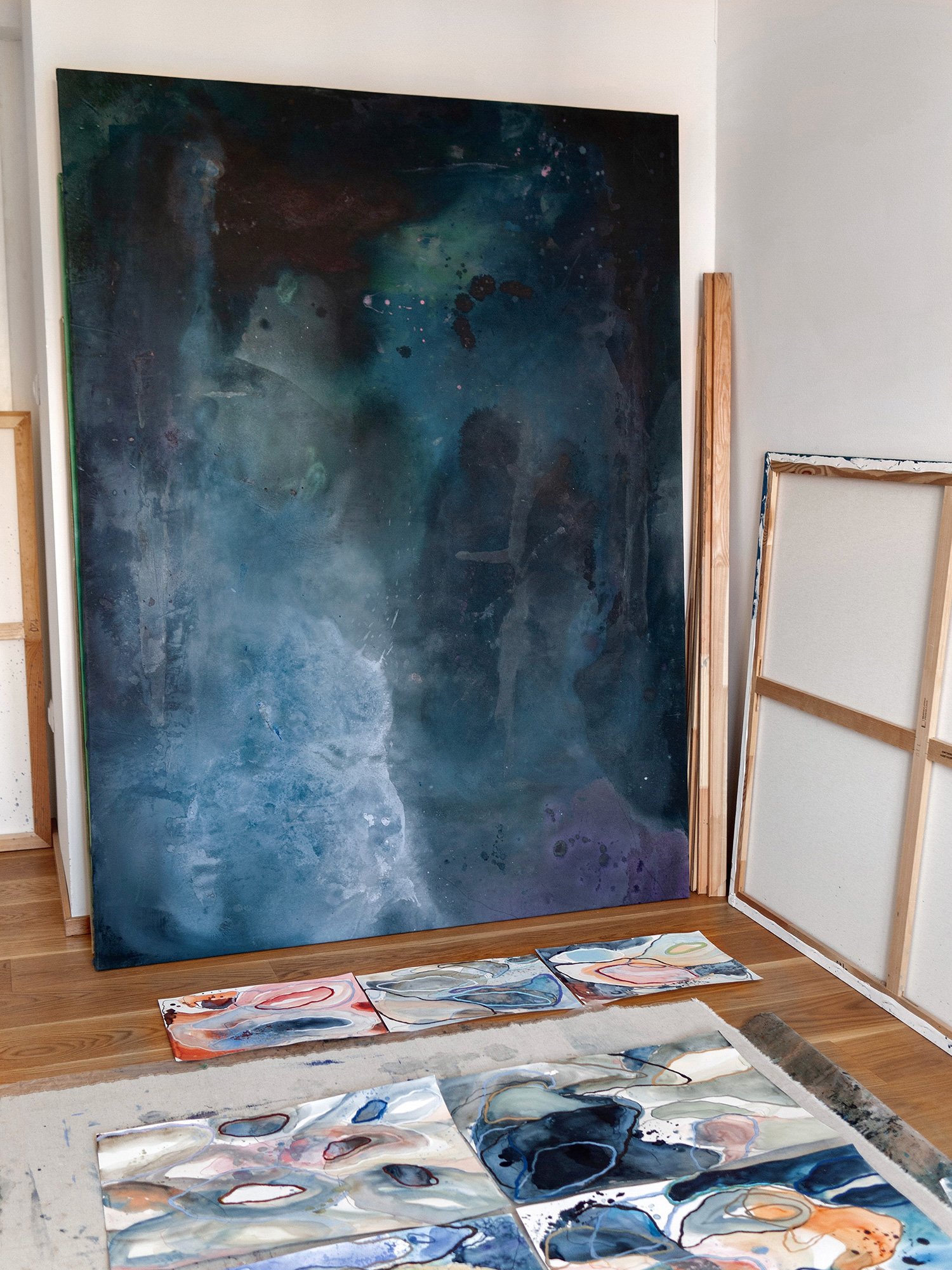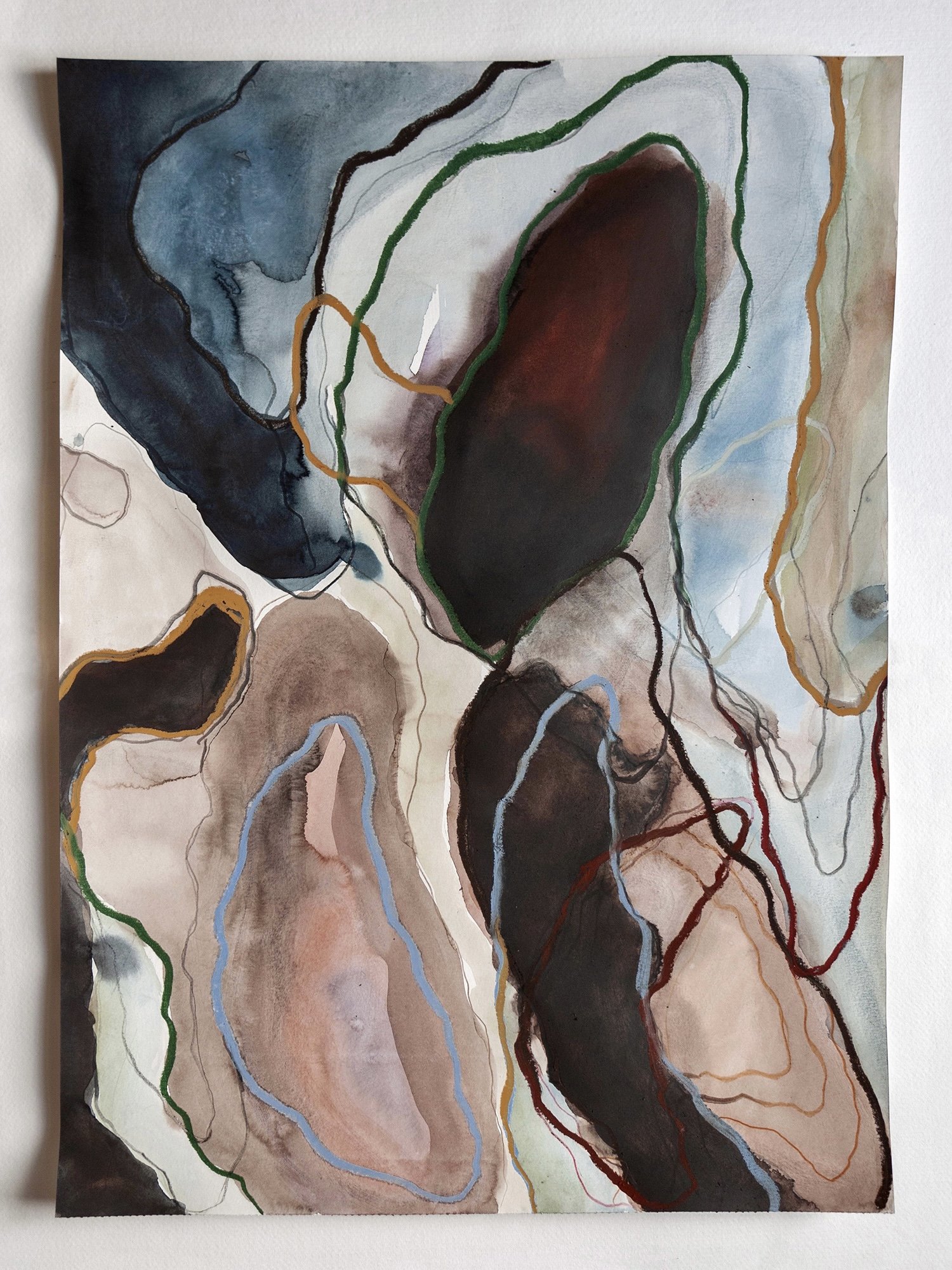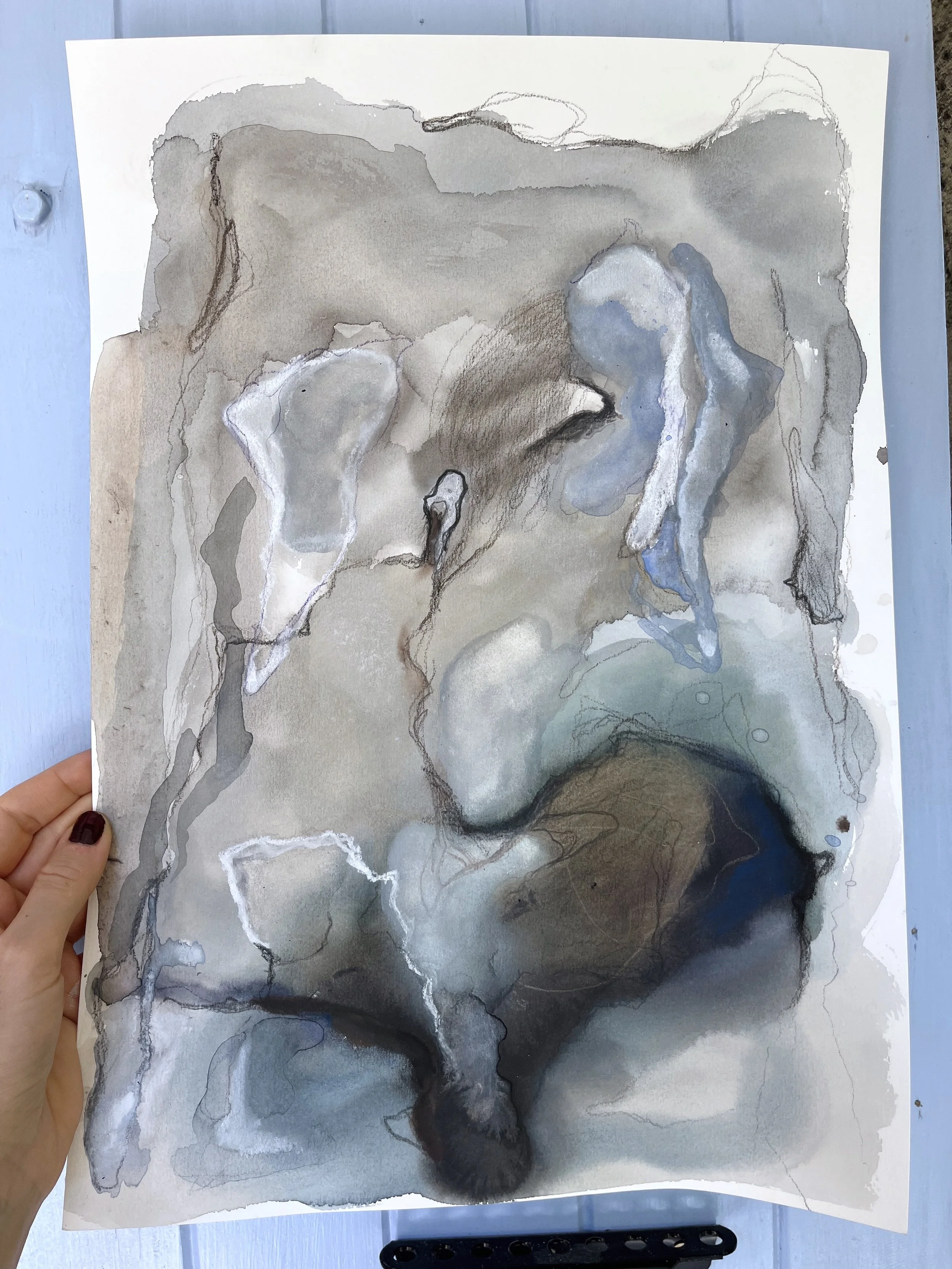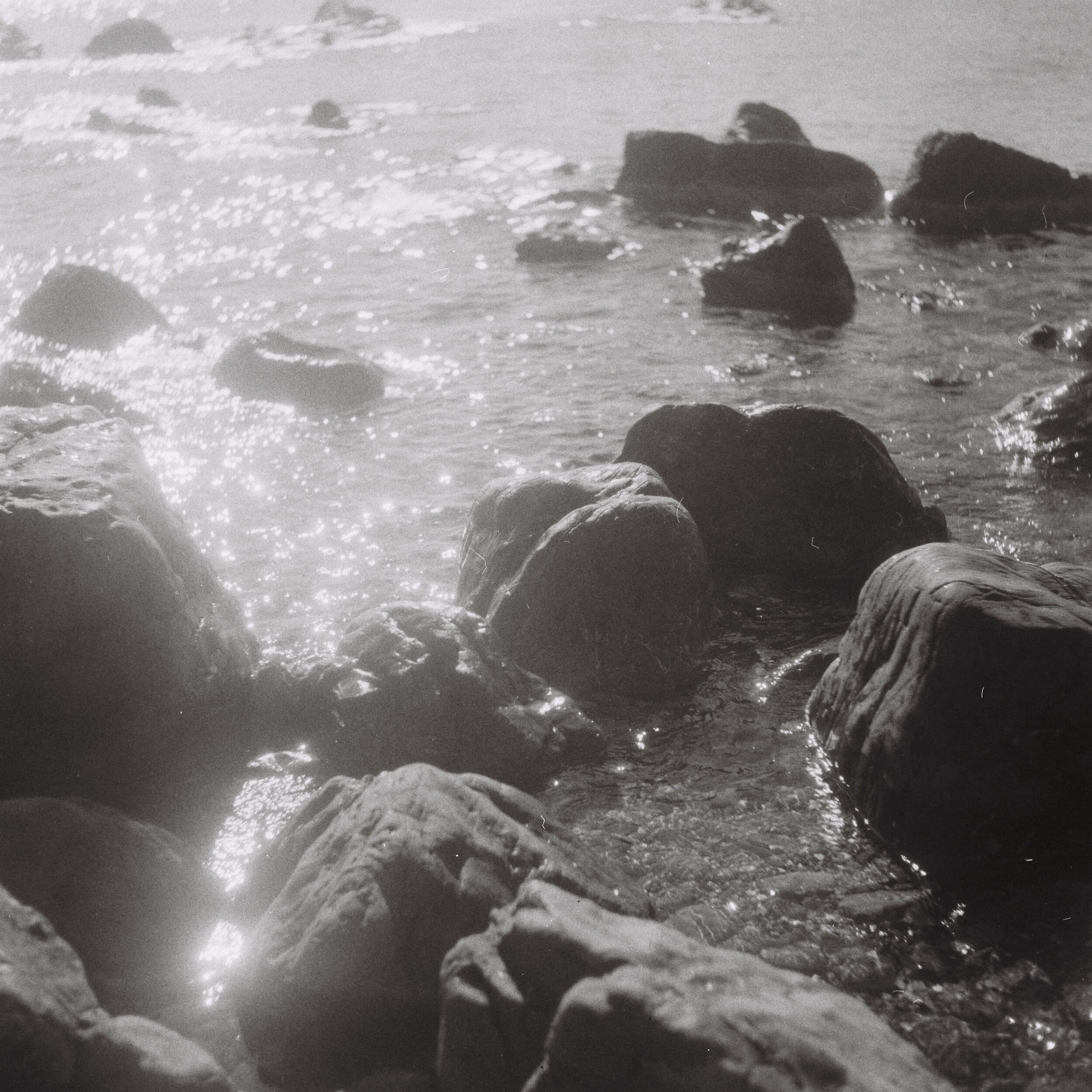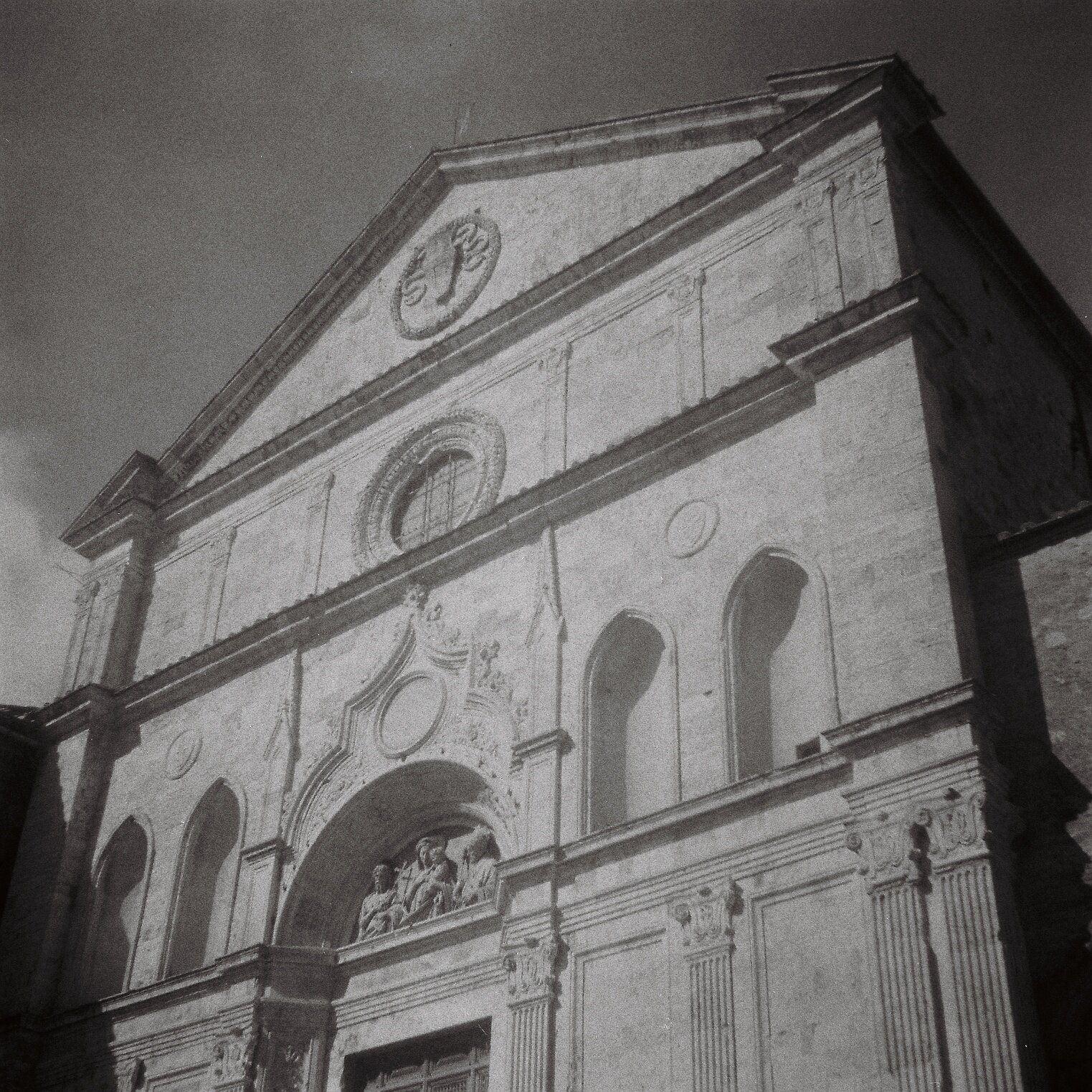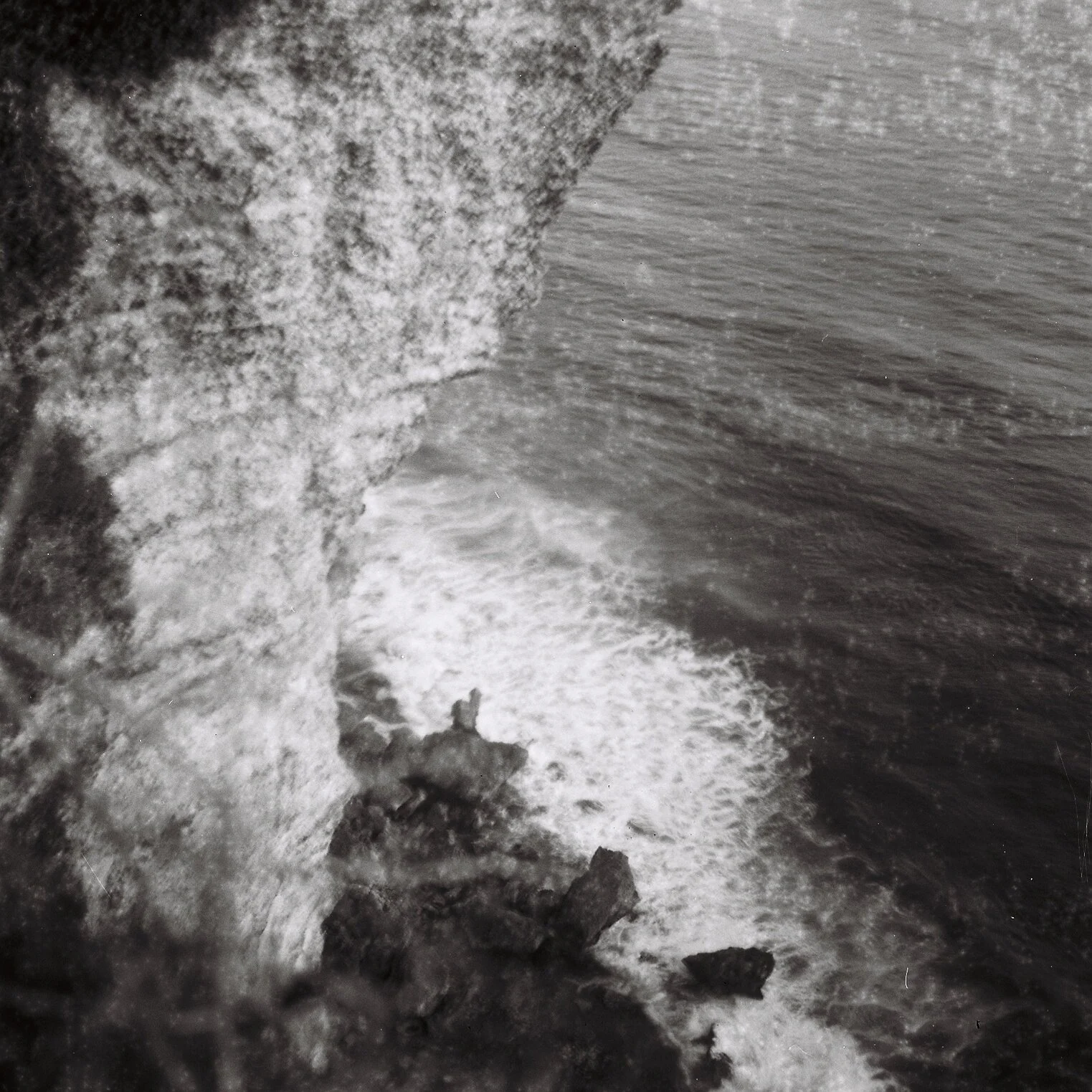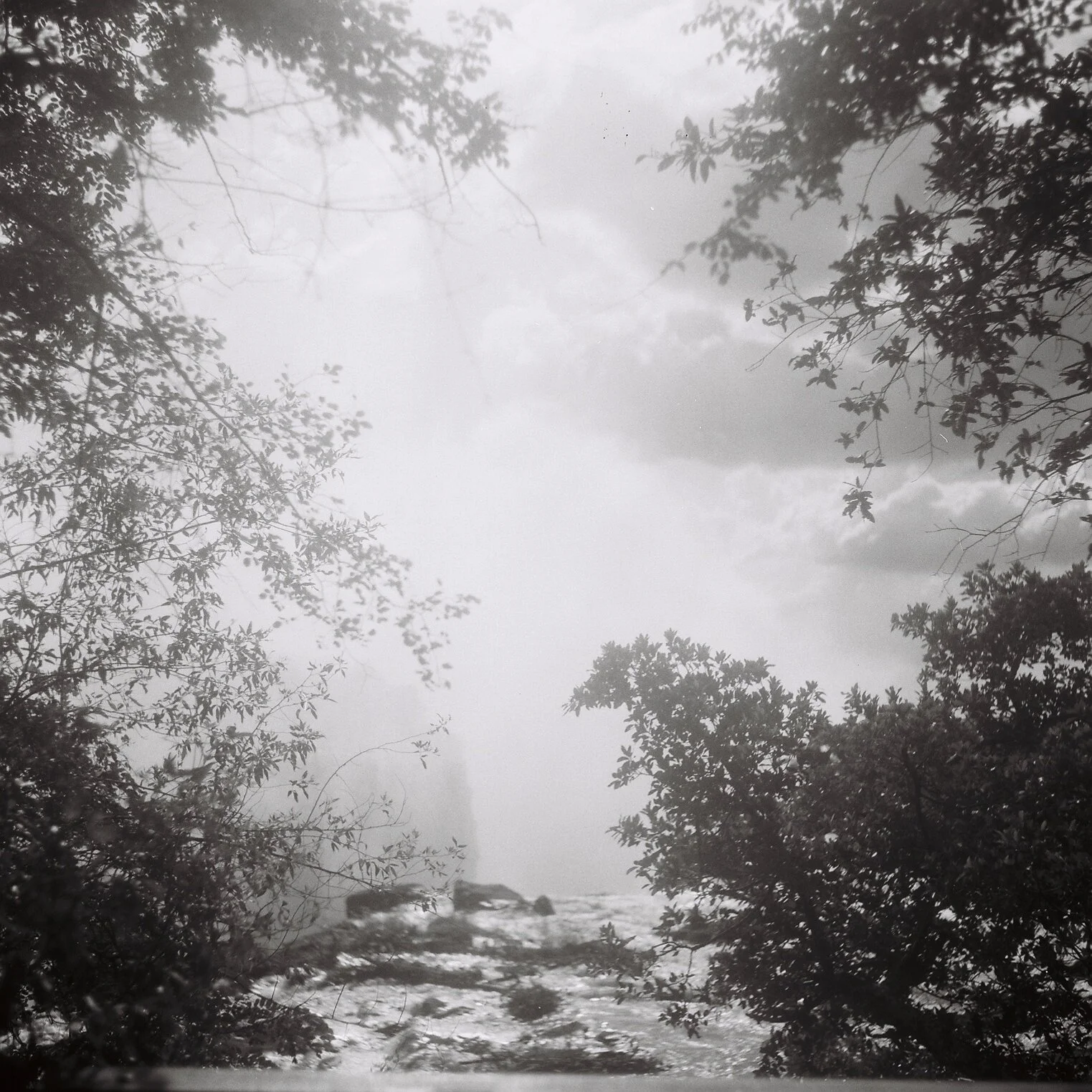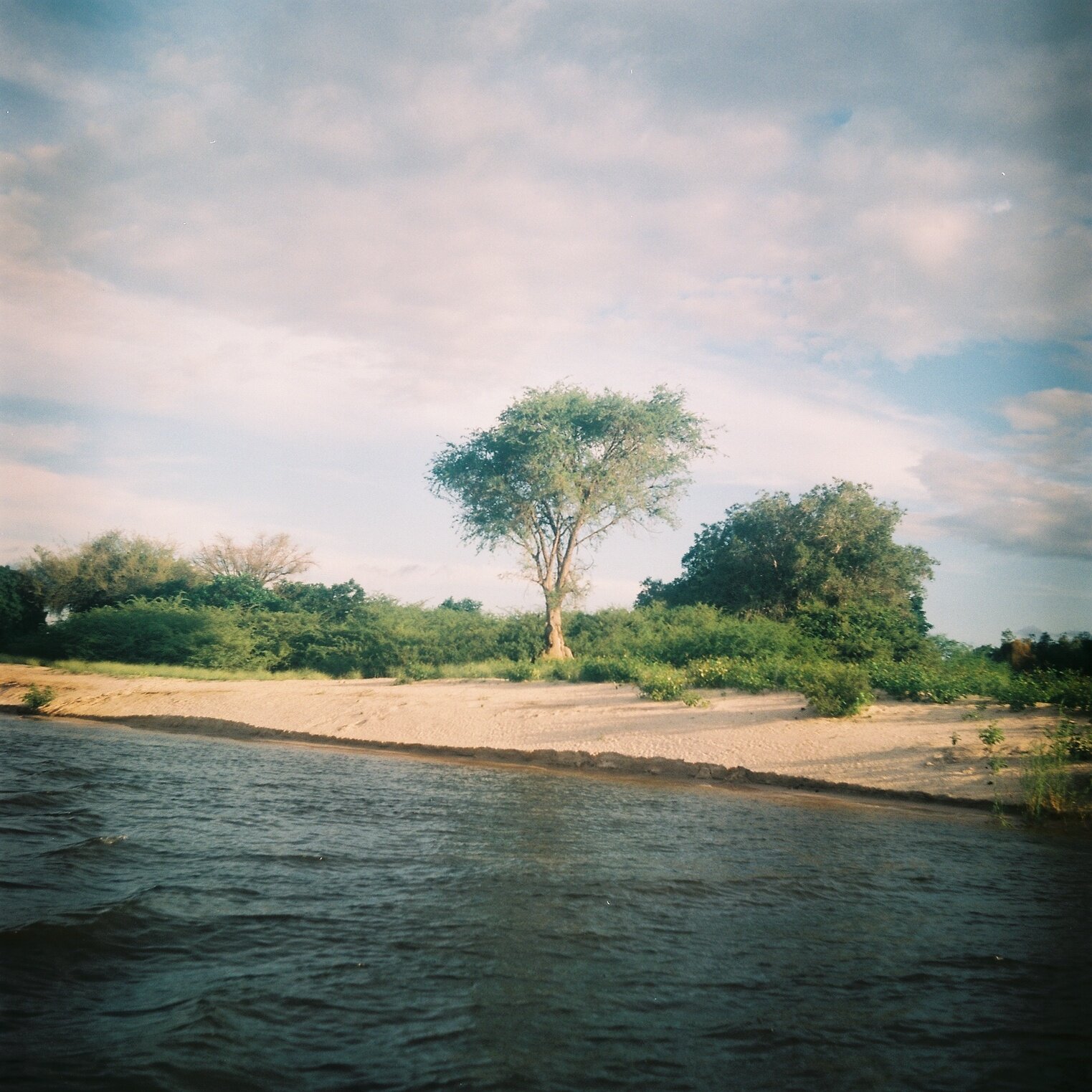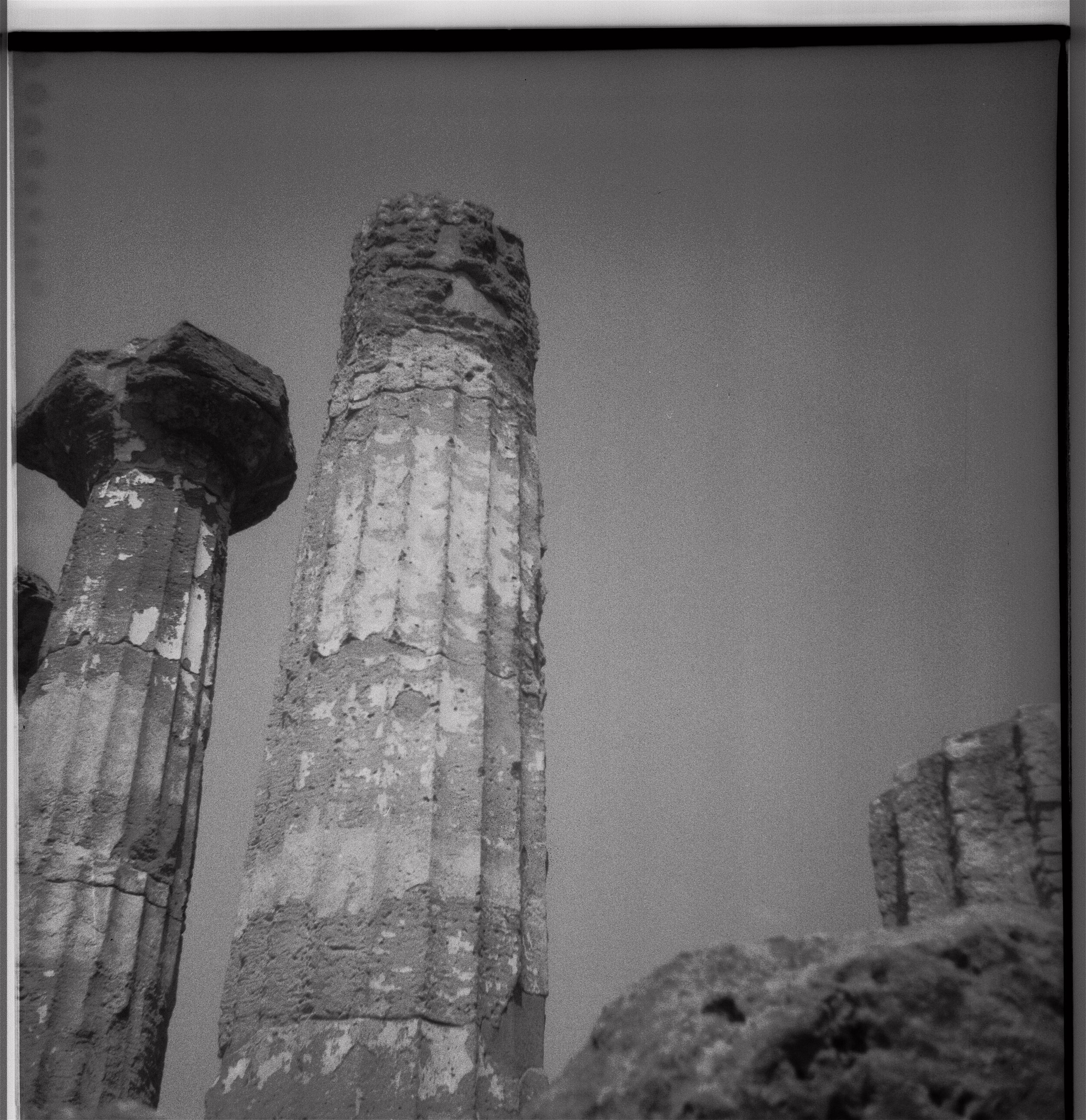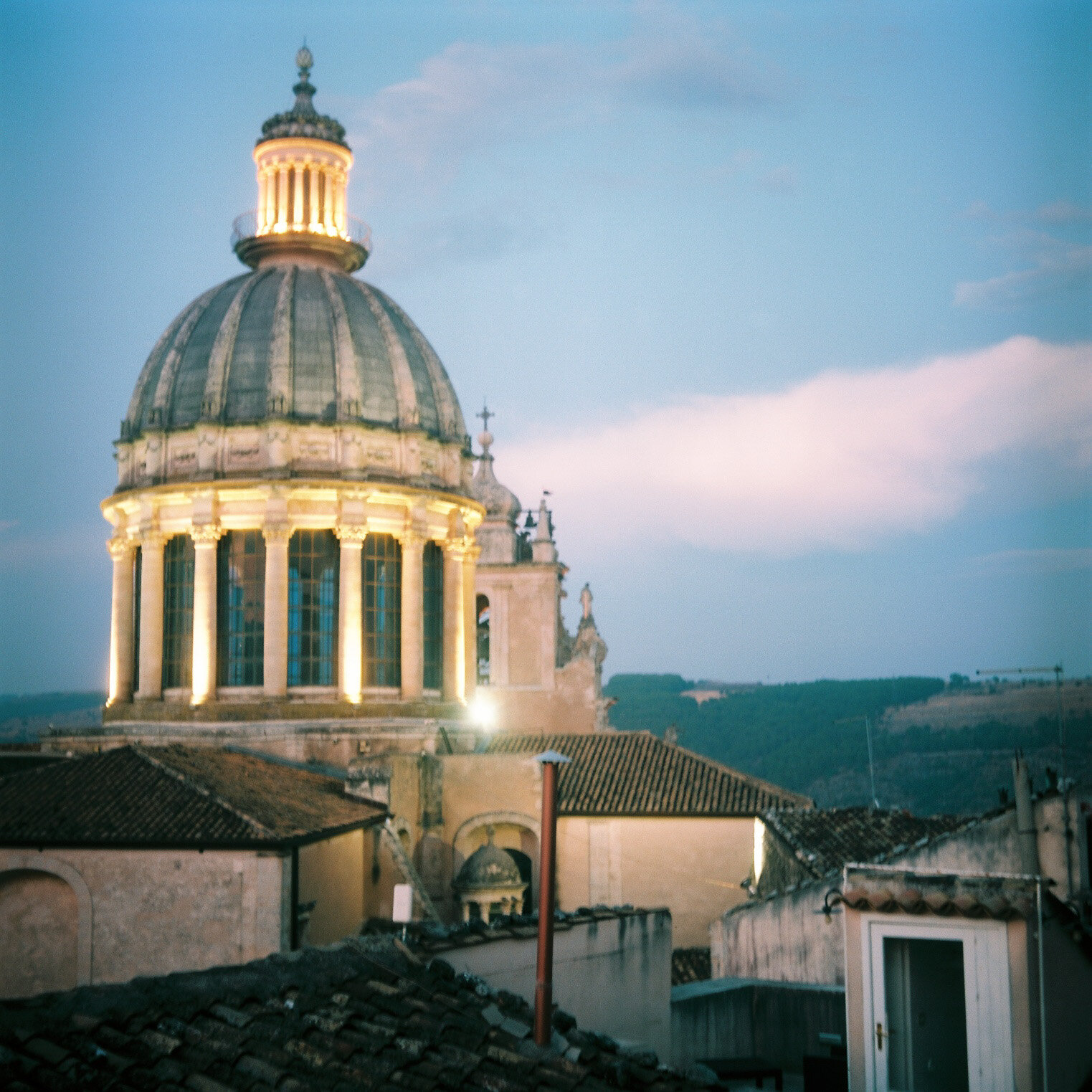I AM SURE we all have sometime or other experienced a great sense of tranquillity and beauty coming to us from the green fields, the setting sun, the still waters, or the snowcapped peaks. But what is beauty? Is it merely the appreciation that we feel, or is beauty a thing apart from perception? If you have good taste in clothes, if you use colours that harmonize, if you have dignified manners, if you speak quietly and hold yourself erect, all that makes for beauty, does it not? But that is merely the outward expression of an inward state, like a poem you write or a picture you paint. You can look at the green field reflected in the river and experience no sense of beauty, just pass it by. If, like the fisherman, you see every day the swallows flying low over the water, it probably means very little to you; but if you are aware of the extraordinary beauty of something like that, what is it that happens within you and makes you say, "How very beautiful"? What goes to make up this inward sense of beauty? There is the beauty of outward form: tasteful clothes, nice pictures, attractive furniture, or no furniture at all with bare, well-proportioned walls, windows that are perfect in shape, and so on. I am not talking merely of that, but of what goes to make up this inward beauty.
Surely, to have this inward beauty, there must be complete abandonment; the sense of not being held, of no restraint, no defence, no resistance; but abandonment becomes chaotic if there is no austerity with it. And do we know what it means to be austere, to be satisfied with little and not to think in terms of 'the more'? There must be this abandonment with deep inward austerity - the austerity that is extraordinarily simple because the mind is not acquiring, gaining, not thinking in terms of `the more'. It is the simplicity born of abandonment with austerity that brings about the state of creative beauty. But if there is no love you cannot be simple, you cannot be austere. You may talk about simplicity and austerity, but without love they are merely a form of compulsion, and therefore there is no abandonment. Only he has love who abandons himself, forgets himself completely, and thereby brings about the state of creative beauty.
Beauty obviously includes beauty of form; but without inward beauty, the mere sensual appreciation of beauty of form leads to degradation, disintegration. There is inward beauty only when you feel real love for people and for all the things of the earth; and with that love there comes a tremendous sense of consideration, watchfulness, patience. You may have prefect technique, as a singer or a poet, you may know how to paint or put words together, but without this creative beauty inside, your talent will have very little significance.
Unfortunately, most of us are becoming mere technicians. We pass examinations, acquire this or that technique in order to earn a livelihood; but to acquire technique or develop capacity without paying attention to the inner state, brings about ugliness and chaos in the world. If we awaken creative beauty inwardly, it expresses itself outwardly, and then there is order. But that is much more difficult than acquiring a technique, because it means abandoning ourselves completely, being without fear, without restraint, without resistance, without defence; and we can thus abandon ourselves only when there is austerity, a sense of great inward simplicity. Outwardly we may be simple, we may have but few clothes and be satisfied with one meal a day; but that is not austerity. There is austerity when the mind is capable of infinite experience - when it has experience, and yet remains very simple. But that state can come into being only when the mind is no longer thinking in terms of `the more', in terms of having or becoming something through time.
Jiddu Krishnamurti
The exhibition was possible to see in Artisème, Prague, until October 31, 2019








































